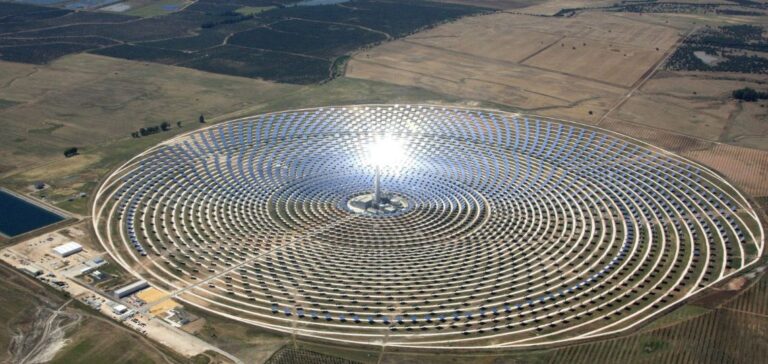RIC Energy has obtained administrative authorization for construction (AAC) for 96% of its photovoltaic projects in Spain.
This figure, well above the national average, underlines the company’s expertise in managing complex projects and its ability to navigate an often restrictive regulatory framework.
According to figures from the Ministerio para la Transición Ecológica y el Reto Demográfico (Miteco), only 66% of similar projects in Spain received approval within the required timeframe, underlining RIC Energy’s outstanding performance.
With 283 projects approved out of a total of 428, representing a capacity of 28,123 MW, RIC Energy is the undisputed leader in the photovoltaic sector.
The company’s approved projects, which have all passed environmental assessment, reinforce its dominant position in the Spanish solar energy market.
A significant economic and social impact
The development of these projects not only increases energy capacity, but also generates considerable economic and social benefits.
RIC Energy is set to inject 900 million euros into the Spanish economy through the construction of 1,213 MW of new solar capacity.
In addition, these projects are expected to create around 2,000 jobs, providing crucial support to local communities and stimulating the regional economy. This rapid expansion, while promising, comes with challenges that RIC Energy is well prepared to meet.
Rigorous management of deadlines and budgets, coupled with proven expertise in complying with local regulations, is essential to maintain the pace of growth while minimizing operational risks.
RIC Energy’s financial strength and experience in large-scale projects will play a key role in the success of this development phase.
International expansion and technological diversification
In addition to its success in Spain, RIC Energy continues to expand its influence internationally, with a portfolio of 20,000 MW under development on four continents. In addition to strengthening its presence in solar energy, the company is also diversifying its activities with projects in green hydrogen, energy storage and biogas.
This diversification strategy, based on technological innovation, positions RIC Energy as a key player in the global energy transition.
RIC Energy’s ability to integrate new technologies while managing complex international projects testifies to its maturity and long-term strategic vision.
The company confidently navigates an increasingly competitive global environment, capitalizing on its expertise and strength to explore new opportunities while consolidating its existing foundations.






















